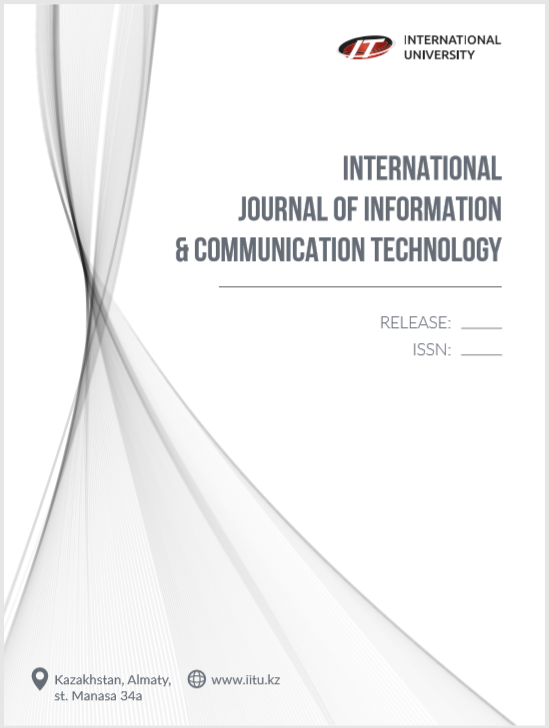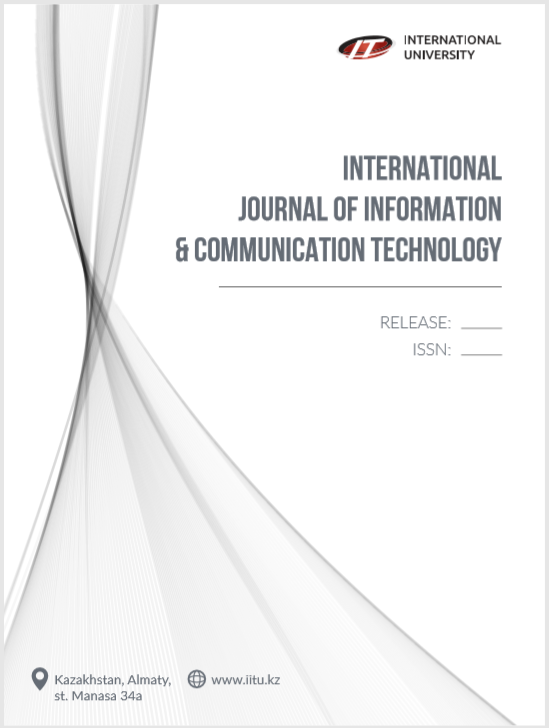СИСТЕМЫ СВЯЗИ СПЕЦИАЛЬНОГО НАЗНАЧЕНИЯ
DOI:
https://doi.org/10.54309/IJICT.2023.16.4.008Keywords:
human-machine systems, modeling methods, selection of indicators, apparatus for evaluating the effectiveness of decisions made, induction methods, decomposition methodsAbstract
The article discusses the principles of human-machine control communication
systems for special purposes, which belong to the class of controlled systems.
In addition, the authors' attention is drawn to the methodological principles of the study
of such systems; the functional architecture of a special purpose communication system
(SPCS) in the form of a three-level conceptual model is considered. The most general
methodological principles of communication system research, considered in the work
is a systematic approach. Within the framework of this approach, an interconnected
special-purpose communication system is considered as an integral part of the control
system of higher-order systems. The authors believe that the methodology of the study of
such systems is mainly based on a combination of methods of induction (from particular
to complex) and deduction (decomposition), that is, consideration from general to
particular, from simple to complex. The hierarchy of the SPCS description is used as
a method of eliminating contradictions between simplicity and taking into account the
remaining multiple parameters of the system. Each level of the hierarchy corresponds
to specific features, functions, laws and principles, terms and concepts, using which it is
best possible to predict and describe the functioning of the SPCS.
Downloads
Downloads
Published
How to Cite
Issue
Section
License
Copyright (c) 2023 INTERNATIONAL JOURNAL OF INFORMATION AND COMMUNICATION TECHNOLOGIES

This work is licensed under a Creative Commons Attribution-NonCommercial-NoDerivatives 4.0 International License.
https://creativecommons.org/licenses/by-nc-nd/3.0/deed.en


